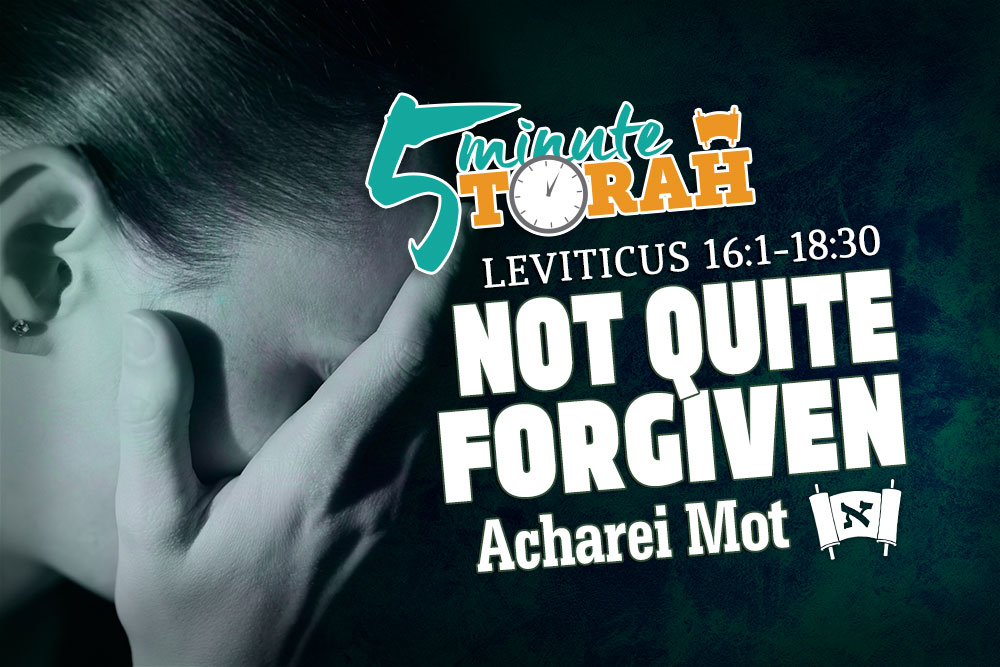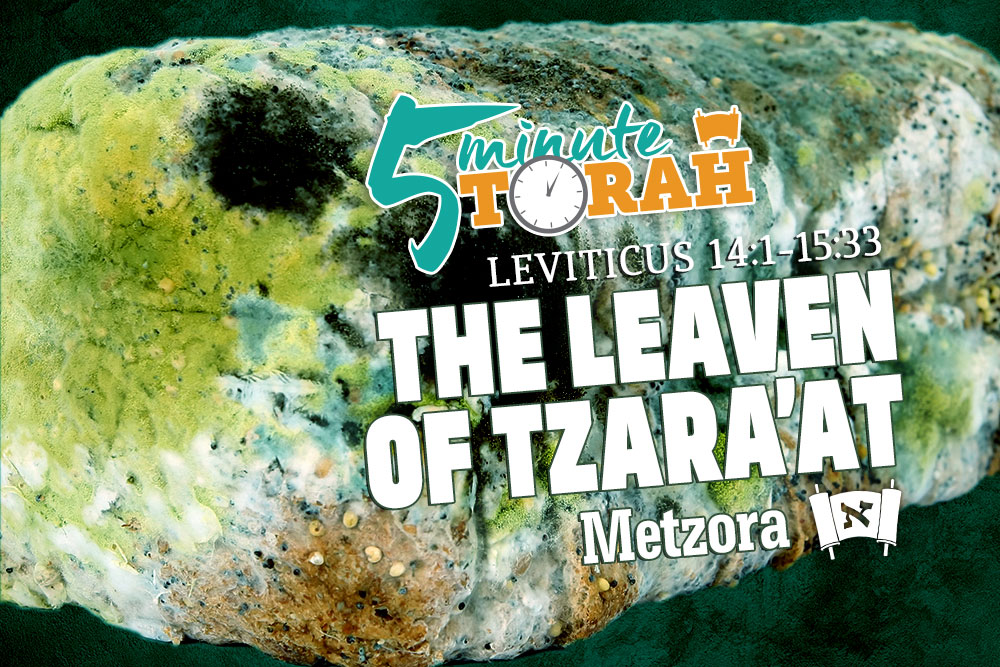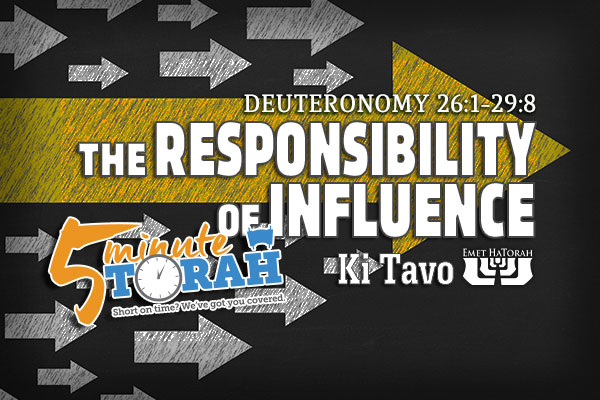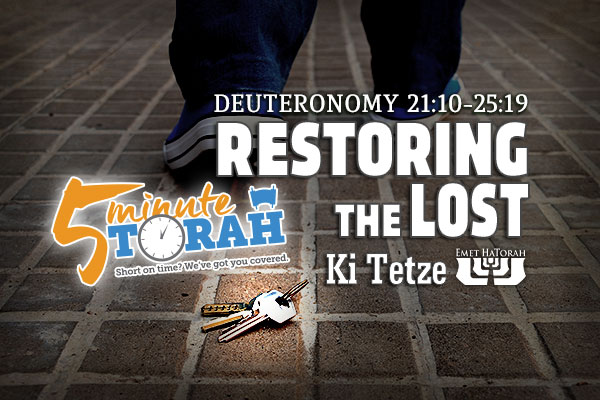Parashat Acharei Mot (Leviticus 16:1-18:30)
Acharei Mot begins with instructions for Yom Kippur, the Day of Atonement. It is one of the most important days of the year, and from our reading we can see the how atonement and forgiveness are granted for the nation of Israel. Often, we often fail to notice the details of the Yom Kippur service and exactly what is going on. There are two specific things that we need to realize about this ritual. The first involves the function of the two goats, and the second involves exactly what could and couldn’t be forgiven. Let’s begin by understanding the purpose of each of these animals.
Of the two goats of the Yom Kippur service, the goat that was designated l’Adonai, “for the LORD,” was slaughtered for the sanctification of the Tabernacle/Temple and all its furnishings:














